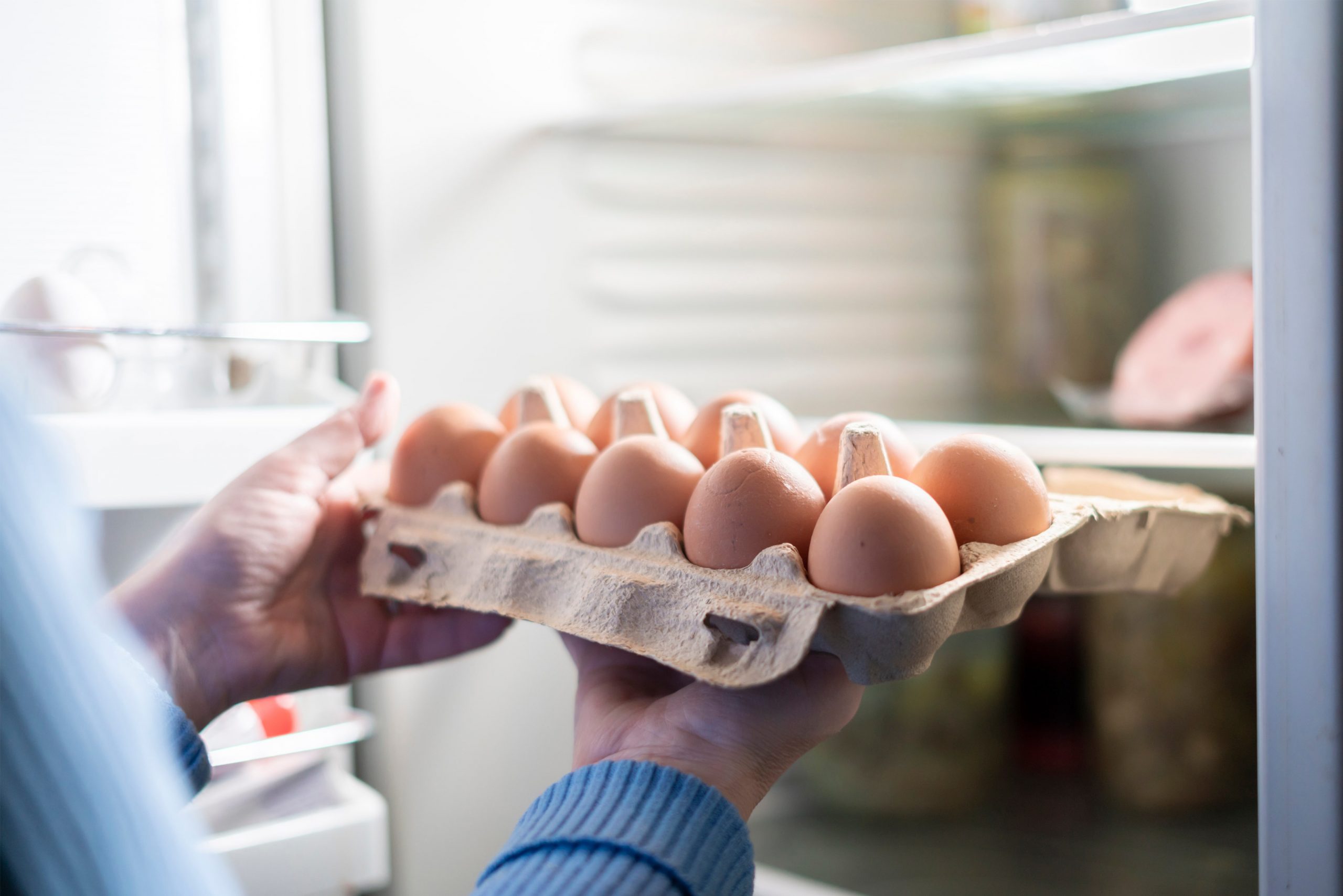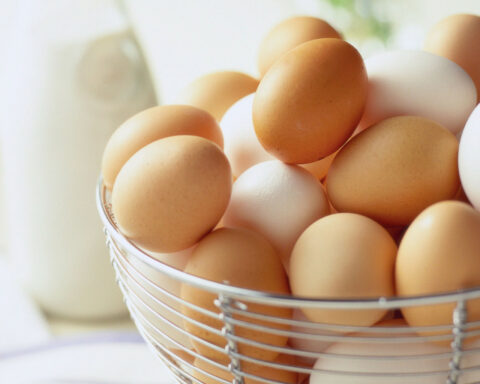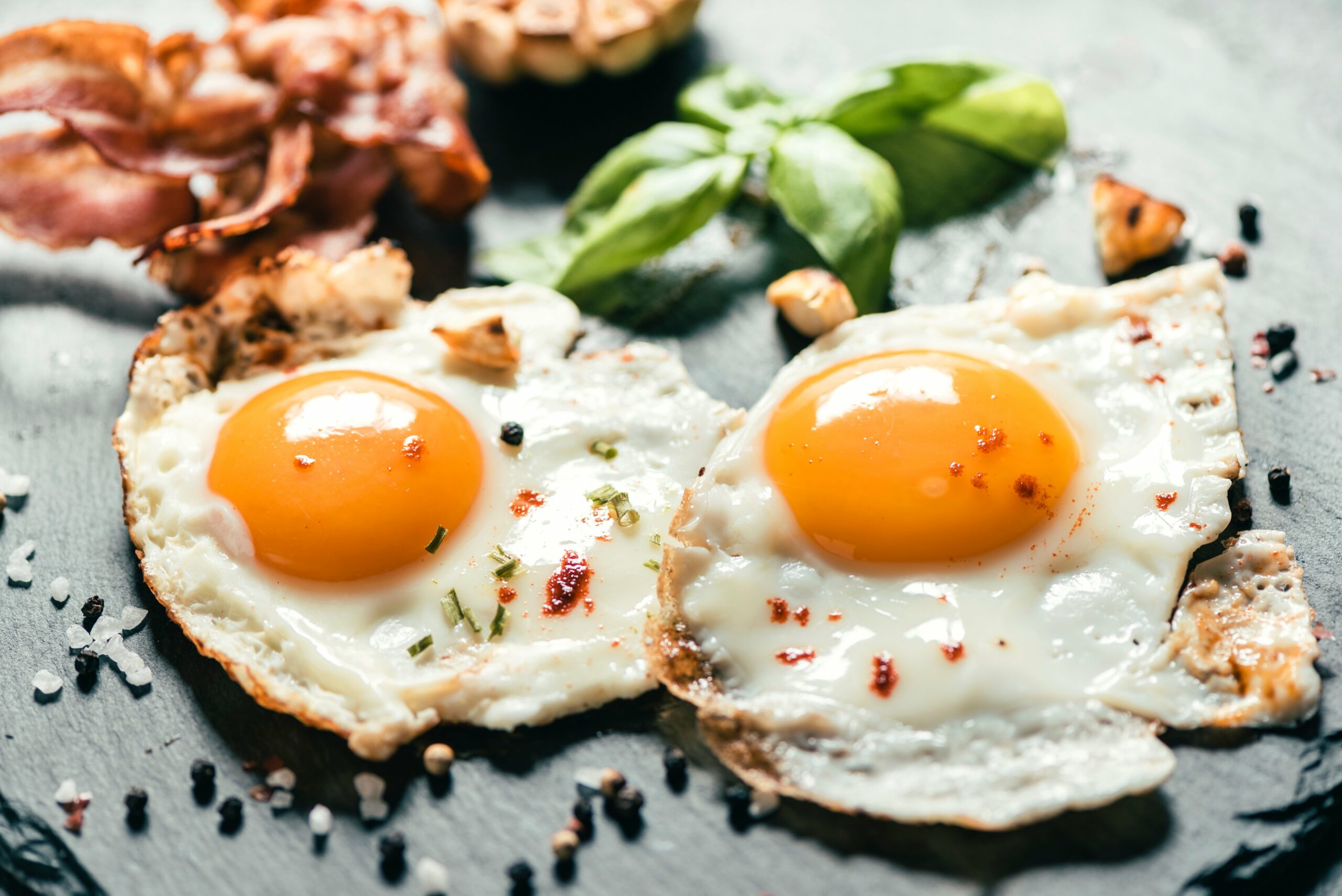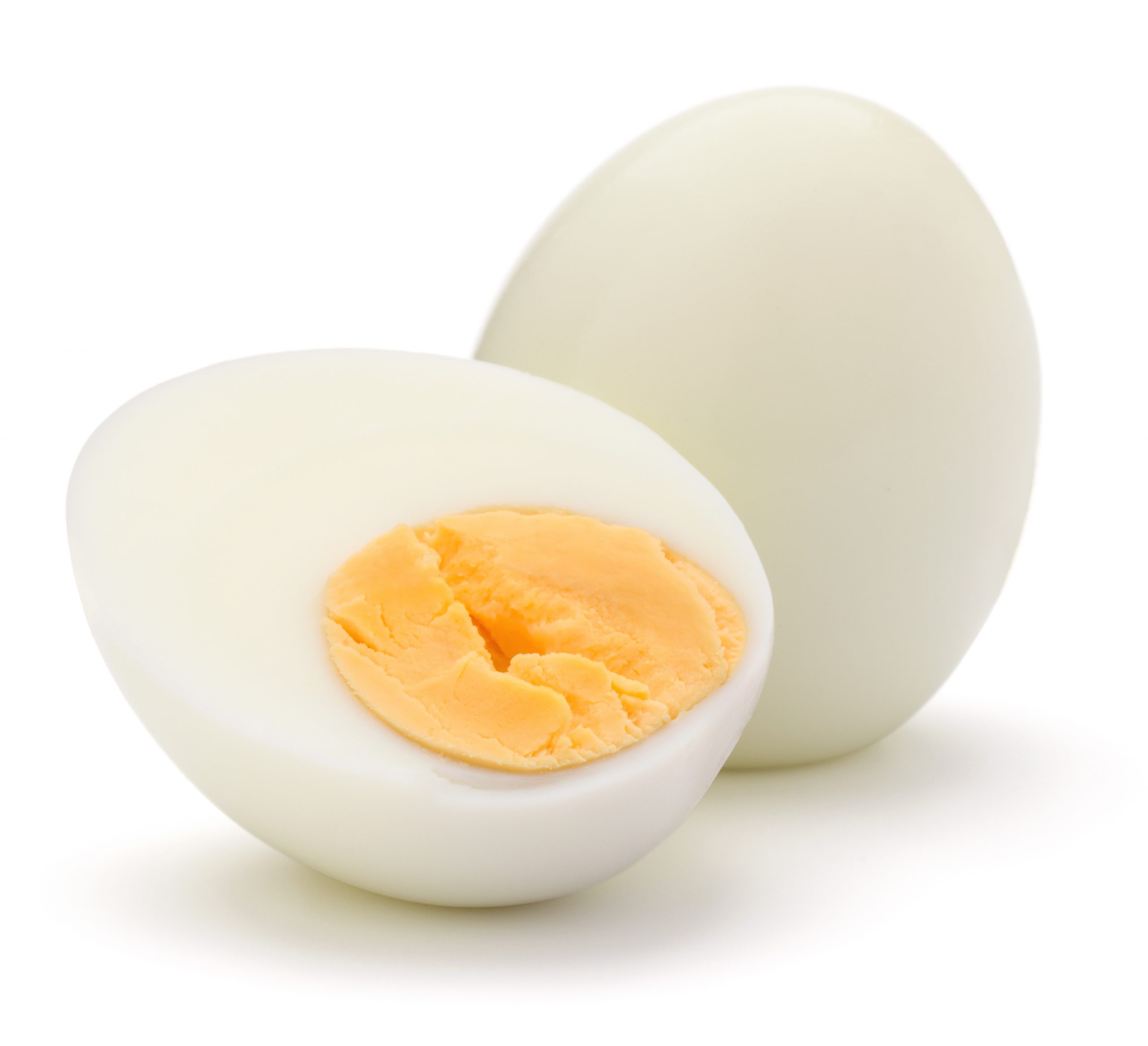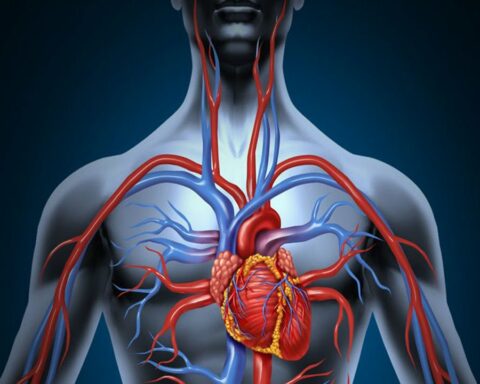Eggs are among the staple ingredients in the kitchen and knowing the right way to make them stay longer helps you not waste money. Can freezing eggs work as an ideal preservation method?
From pancakes to omelets, to cakes, eggs come in handy as a critical ingredient. In fact, the US Health and Human Sciences calls eggs ‘one of the most staple ingredients there have been in the kitchen.’ That being the case, knowing how best to preserve your eggs and make them stay longer helps you make good use of the eggs and minimize wasting money. One of the preservation options you can try with eggs is freezing them. This article helps you understand everything you need to know about freezing eggs.
Only certain types of eggs are ideal for freezing
Because of several reasons that you will soon understand, freezing eggs is not an option for all types of eggs and only particular types can go well with freezing. As a matter raw of fact, don’t freeze raw eggs with the shells on. This is supported by the US Health and Human Sciences as well as the Food and Drug Administration, which all state that freezing raw eggs is a risk that’s not just worth it. Are you wondering why that is the case?
Eggs have a form expansion that’s quite anomalous. When the egg freezes, the fluid inside expands. This expansion builds up pressure and the egg might ultimately burst. Besides wasting the egg, spilling the egg’s content exposes the egg to bacterial contamination, which is dangerous to your health. Besides, when the yolk freezes, its texture changes and does not revert even after thawing. As you bake or cook, the experience becomes hard. If you have hard or soft-boiled eggs, you should not freeze them too. The white part becomes rubber-like and water after freezing and thawing, which affects the taste of the egg. However, if you have raw eggs removed from the shell and whisked, raw egg yolks, raw egg whites, or cooked mixed egg dishes like quiches, you can always freeze them without worrying about a thing.
Egg yolks and egg whites; how the two are affected by freezing
An egg comprises of two parts; the egg white and the egg yolk, and the two are affected differently upon freezing. Here is how;
- Texture
As pointed in the foregoing paragraph, an egg’s texture is affected by freezing, which is why you must not freeze whole eggs. Egg yolks are more affected by freezing, and form gel-like consistency when frozen. In explaining this phenomenon, research attributes this to a process known as gelation, a process that occurs due to the formation of ice crystals in the yolk. Still, if you want to store egg yolk, you can do so by sprinkling some salt or sugar in the yolk although this mechanism has not been explained, it’s found to be effective at preventing gelation. You can also mix the yolk with the whites and reduce gelation. The egg whites, on the other hand, are not so much affected by freezing and thawing, and the slight change in texture is reversed with cooking. The baking industry appreciates freezing egg whites, as the process boosts its foaming ability. Some studies suggest that freezing and thawing affect and denature some proteins, hence the improved forming ability that works well for bakeries.
- Flavor
Freezing and thawing eggs might not influence the flavor of the egg so much. However, if you used some ingredients while preparing to freeze the eggs, the flavor may change. For instance, adding sugar or salt to egg yolks prior to freezing themmay make them taste sweet or salty. In the malls, you will find many frozen egg products which you might want. Again, these products may have varied tastes that the freezing process had on the ingredients used. Thus, the best way to go is to read the ingredient list and beware of what constitutes the frozen egg product.
Freezing different types of eggs
You cannot and should not freeze raw whole eggs, but you can freeze raw egg yolks, raw egg whites, the two when mixed, and cooked mixed egg dishes like quiches and casseroles. While raw eggs can be frozen for 12months, cooked egg dishes can only be frozen for 2-3months. Here is how to freeze each of these;
- Whole eggs
Freezing raw eggs is easy. Crack the shell and get the contents into a bowl. Stir the contents until a homogenous solution forms. Transfer the mixture into a freezer-safe container and you are good to go. To make thawing and easy, have a single egg per container. Labeling the containers with the information about the number of eggs intact and the date helps you ensure food safety with the eggs.
- Egg yolks
To freeze egg yolks, crack the eggs and separate the whites from the yolks, putting each in a different container. Whisk the yolks until they fully mix, then add ½-1 teaspoon of granulated sugar or ¼ teaspoon of tablesalt to every four yolks. Label the container with the information about the date, the number of eggs, ad whether you added salt or sugar.
- Egg whites
To freeze egg whites, crack the eggs and separate the yolk from the white. Pour the egg whites of a single egg into a freezer-safe container or preferably an ice cube tray. Add labels to the container detailing the date and the number of eggs you used.
- Cooked mixed egg dishes
These can also be frozen. After cooking the dishes, allow them to cool for at least two hours at room temperature, then cover them with a tight-fitting lid and put them in the freezer. Sliced pieces are first put in a freezer using a baking sheet for solidification and then transferred to zip-top bags in the freezer.
Thawing frozen eggs
To thaw frozen cooked or raw eggs, place them in the refrigerator overnight. If they are in a sealed container, cold water can also do. Ensure you cook the egg whites, egg yolks, and raw eggs the very day you thaw them. To prevent contracting foodborne diseases, ensure you cook the eggs to 71 degrees Celsius. Frozen eggs can make breakfast mixtures, quiches, casseroles, or can bake eggs and muffins among other things.
Conclusion
Freezing eggs is one of the preservation options for eggs. While you cannot freeze raw eggs in shells, you can crack the shells and freeze the egg yolks, eggs whites, whisked eggs whites and yolks, and cooked egg dishes. Find out from this article how to freeze each of these, how to thaw them, and what you can use them for.
- Products That Assist with Stress Relief - September 21, 2023
- TRÈFLE – THE ROAD TO THE 15TH - July 29, 2023
- Lovingly thought out educational toys - July 5, 2023

